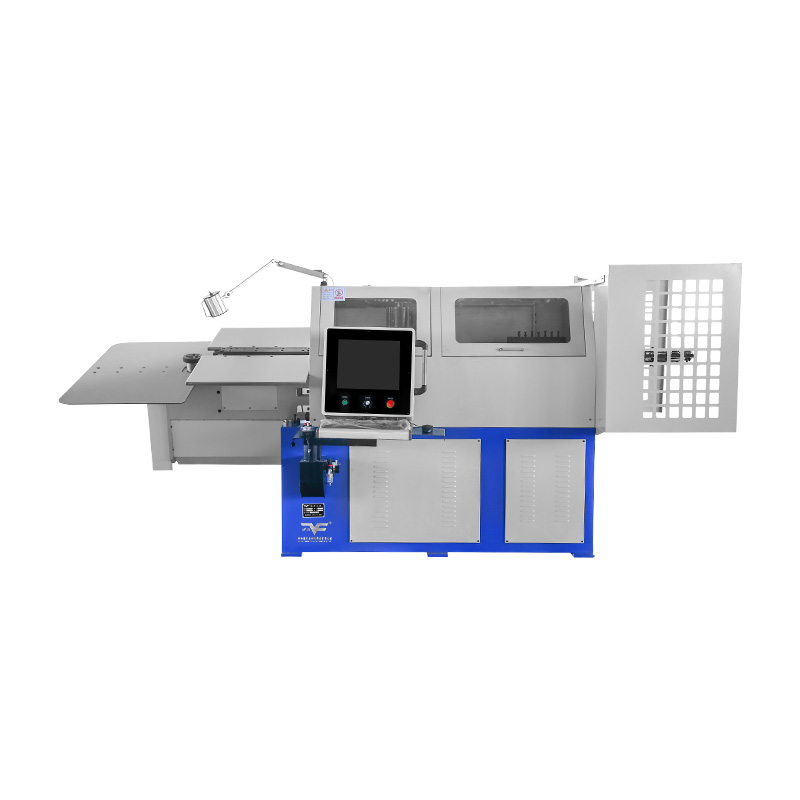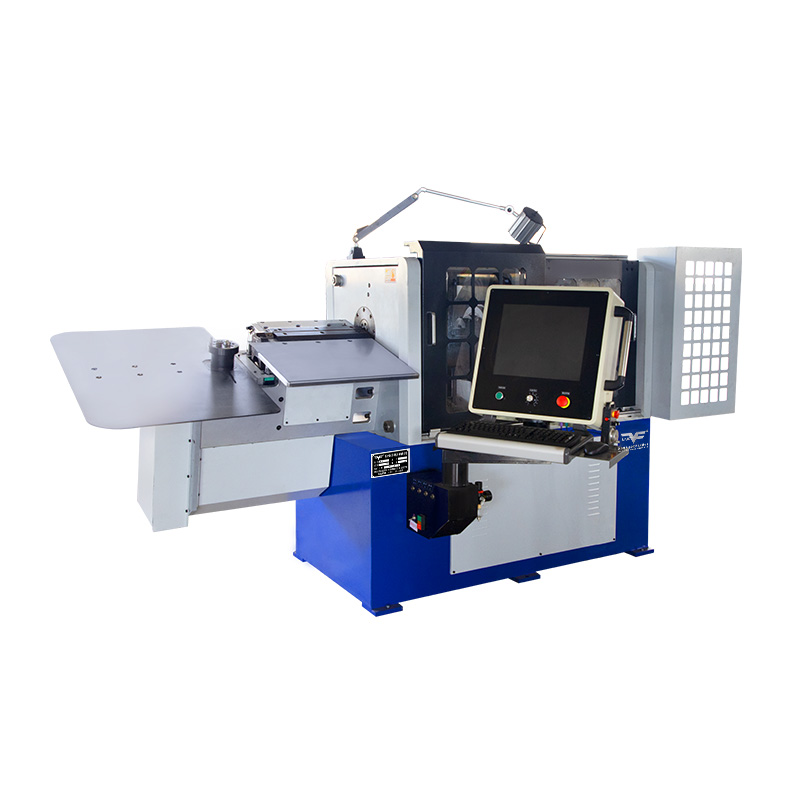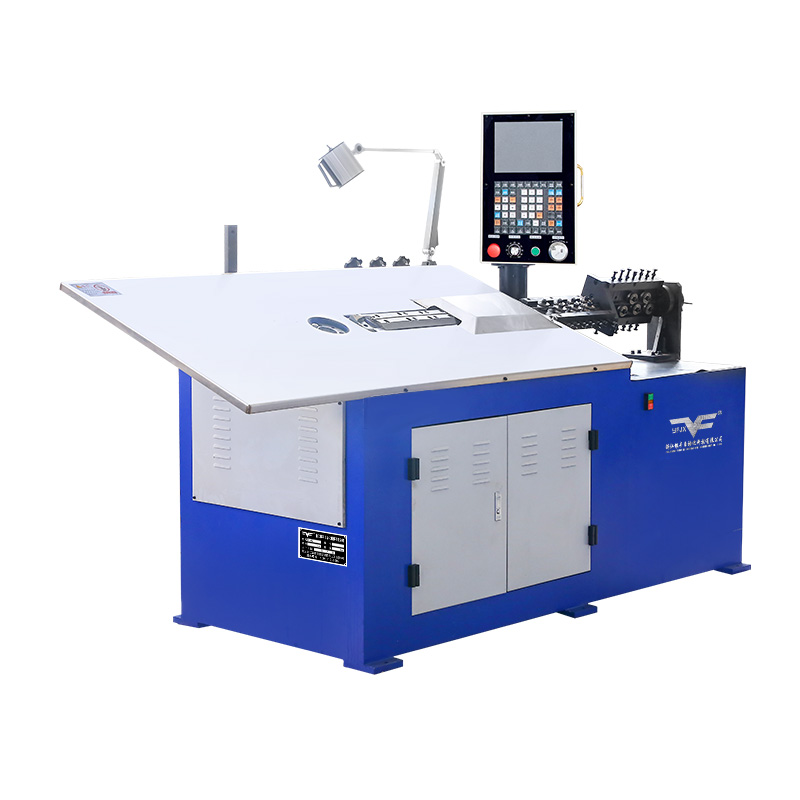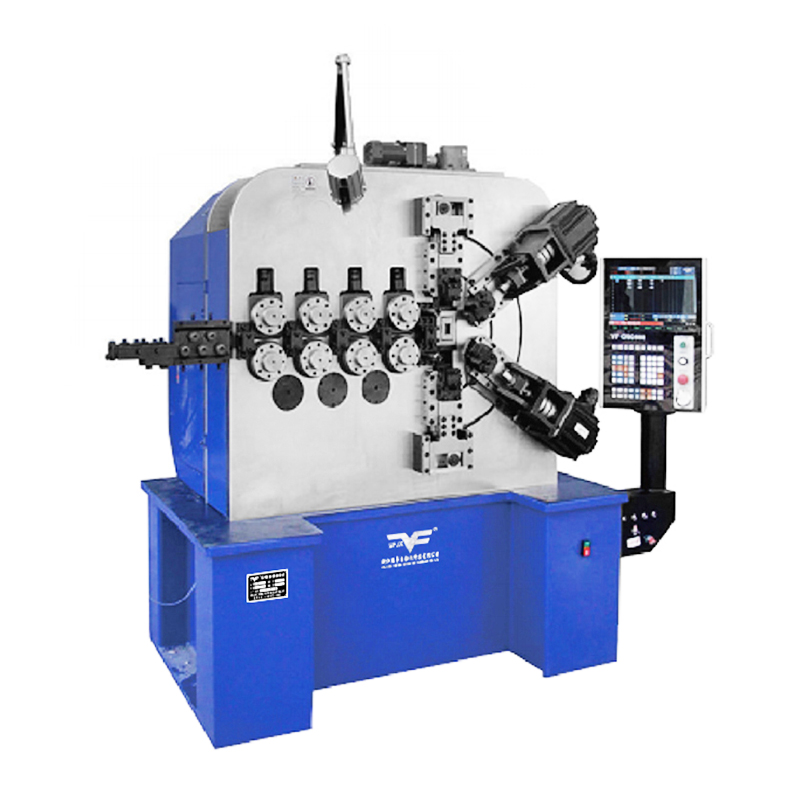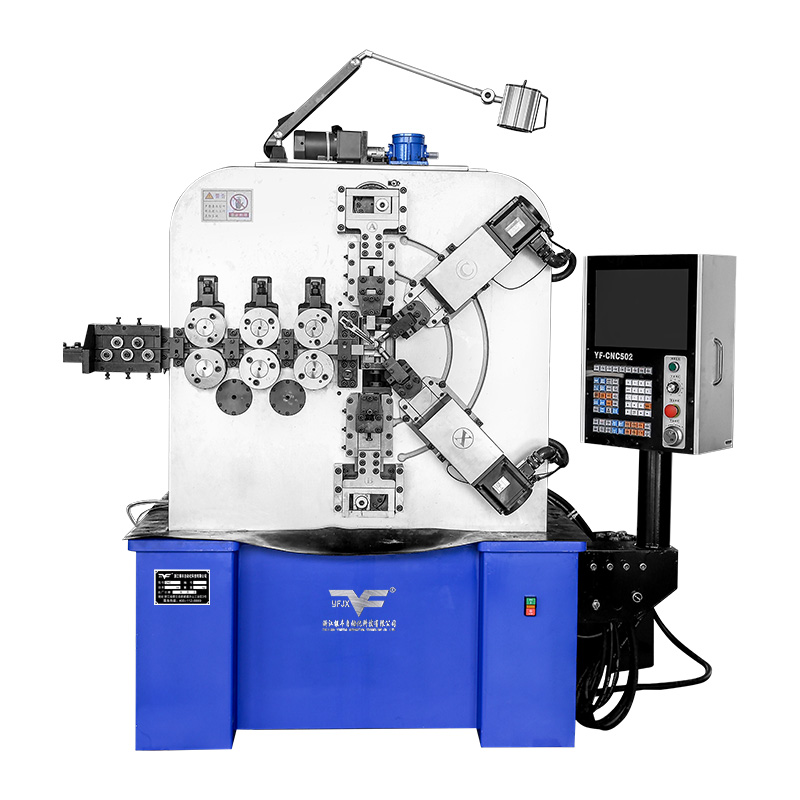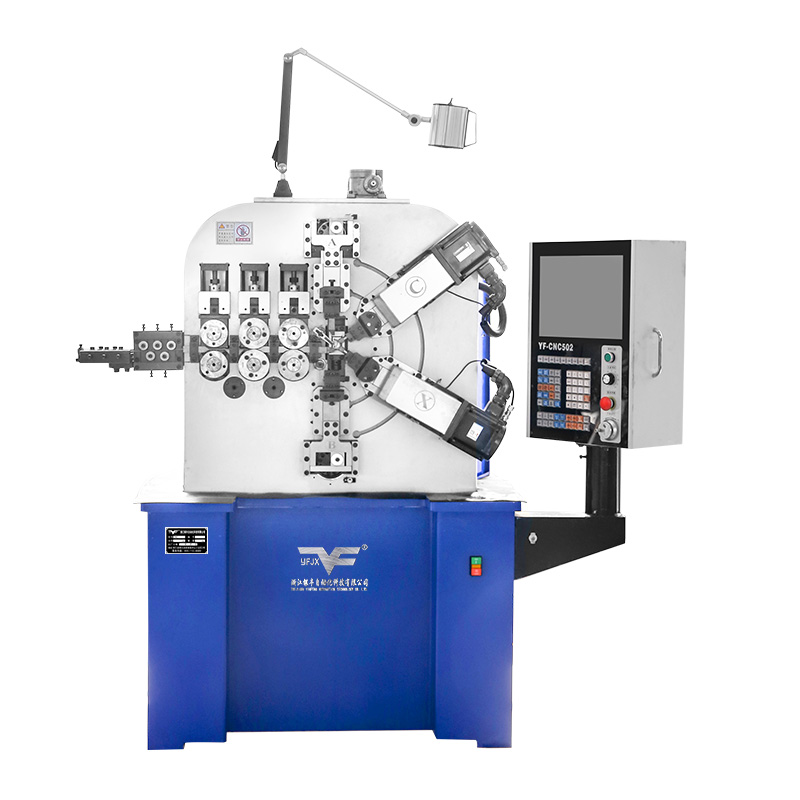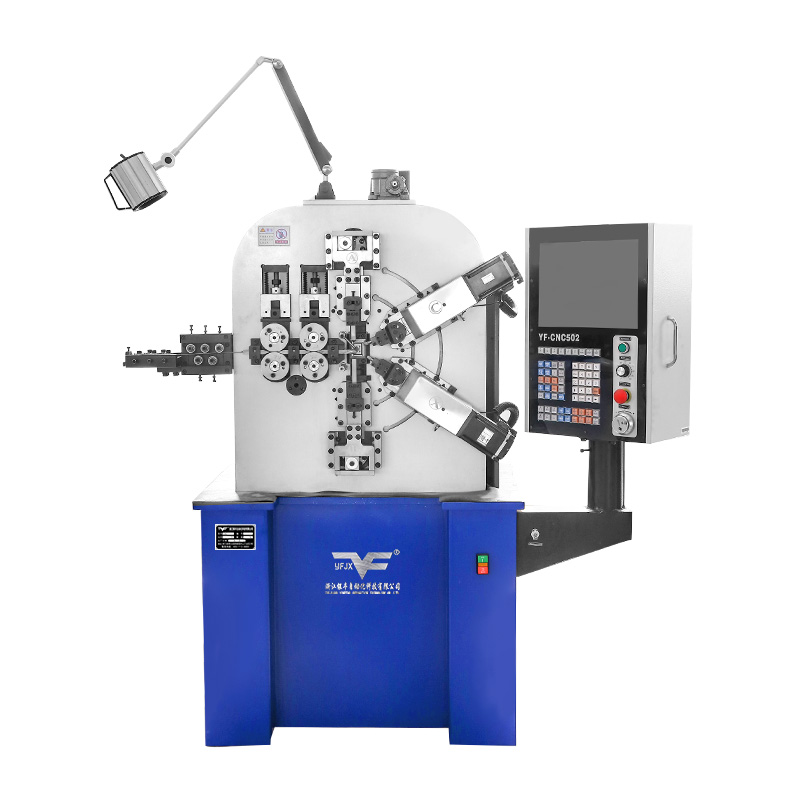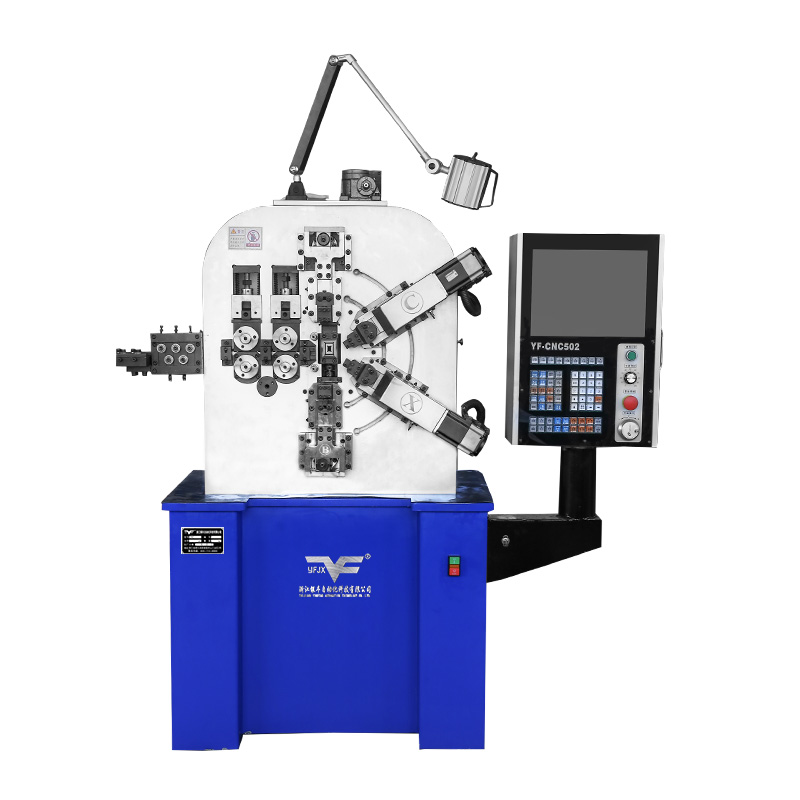The Impact of Material Selection on the Performance of Wire Forming Springs in Diverse Environments
Industry News-The choice of material for wire forming springs is not arbitrary; it is a strategic decision that can significantly influence the spring's performance. Materials must be selected based on their mechanical properties, such as tensile strength, yield strength, and fatigue resistance, which are crucial for withstanding the stresses encountered in different operational environments.
Wire forming springs are used in a multitude of applications, each with its own set of environmental conditions. From the corrosive marine environments to the temperatures of industrial settings, the material of the spring must be capable of maintaining its integrity. For instance, stainless steel is often preferred for its corrosion resistance, making it ideal for marine applications, while high-carbon steel offers outstanding strength and is commonly used in heavy-duty machinery.
In the domain of spring and wire product manufacturing, the process begins with the selection of raw materials. The manufacturing process involves various stages, including drawing, annealing, and tempering, each of which can alter the material's properties. The expertise in material science within the manufacturing sector ensures that the final product meets the stringent requirements of its intended application.
As technology advances, so does the range of materials available for wire forming springs. Innovations in material science have led to the development of superalloys and advanced composites that offer improved performance characteristics. These materials can withstand higher temperatures, exhibit greater strength, and provide better resistance to wear and corrosion, thus extending the service life of the springs.
When designing wire forming springs for specific applications, it is essential to consider the compatibility of the material with other components in the system. For example, in automotive suspension systems, the spring must interact seamlessly with other metals and materials without causing galvanic corrosion or other adverse reactions.
The environmental impact of material production and disposal is a growing concern in the industry. Manufacturers of wire forming springs are increasingly turning to sustainable materials and production methods to minimize their ecological footprint. This includes the use of recycled materials and the development of biodegradable or easily recyclable spring components.
Ensuring the quality of materials used in wire forming springs is a critical aspect of spring and wire product manufacturing. Rigorous testing and quality control measures are implemented to verify the mechanical properties and chemical composition of the materials. This ensures that the springs meet the performance standards required by the industry.
The performance of wire forming springs in diverse environments is inextricably linked to the materials from which they are made. By carefully selecting materials that offer the right balance of strength, durability, and adaptability, manufacturers can produce springs that excel in their intended applications. The ongoing advancements in material science, coupled with a commitment to sustainability and quality, are driving the industry forward, ensuring that wire forming springs continue to meet the evolving needs of a wide range of industries.
Whether it's the corrosive nature of marine environments, the temperatures of industrial settings, or the constant vibrations in automotive applications, the right material can ensure that wire forming springs maintain their integrity and functionality over time. The material's tensile strength, resistance to fatigue, and ability to resist environmental degradation are all crucial factors that manufacturers must consider to produce springs that are both reliable and efficient. This careful material selection is what sets apart the guideers in the industry, ensuring that their wire forming springs can perform goodly in any given environment.

 English
English русский
русский Español
Español 简体中文
简体中文